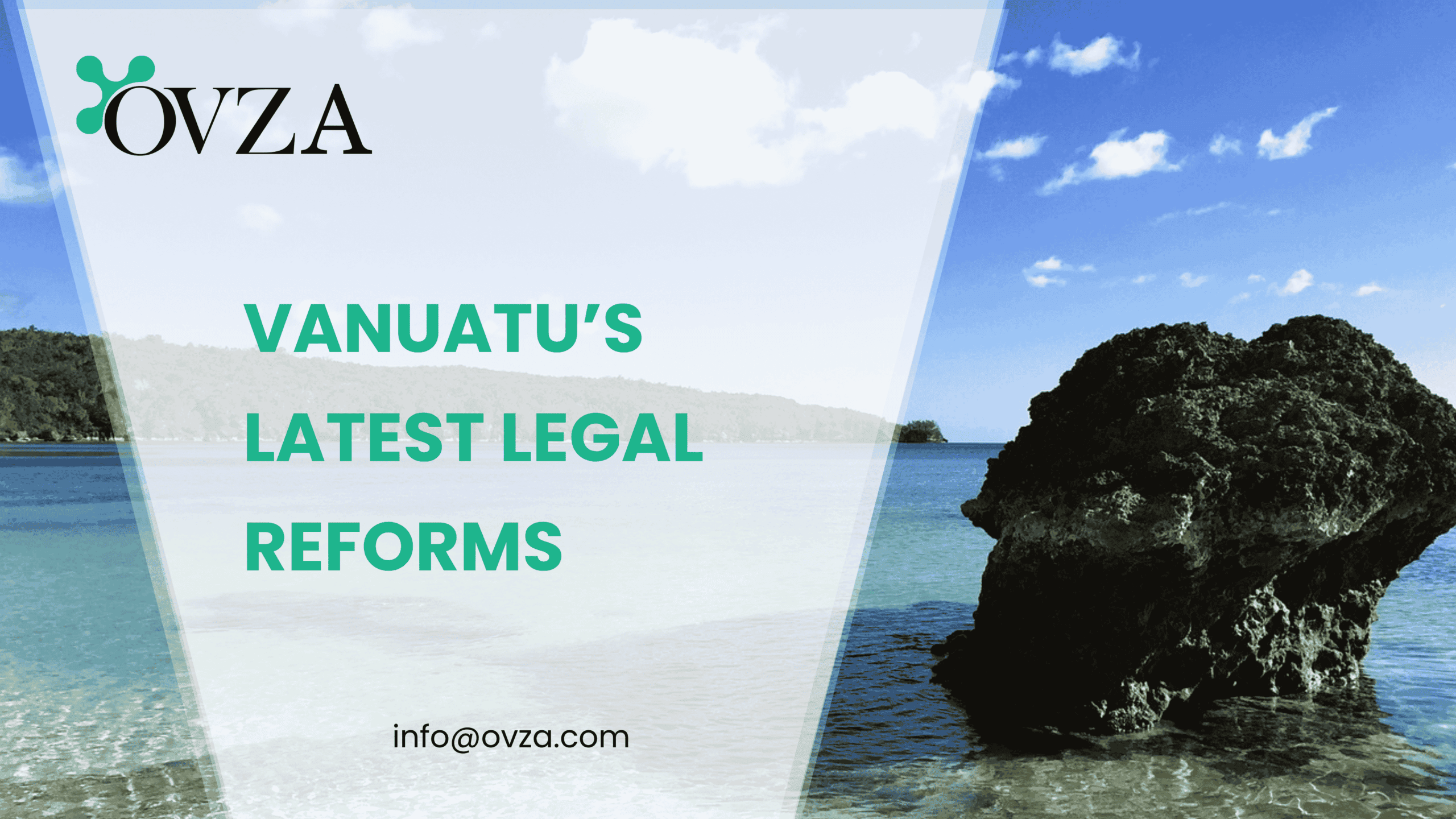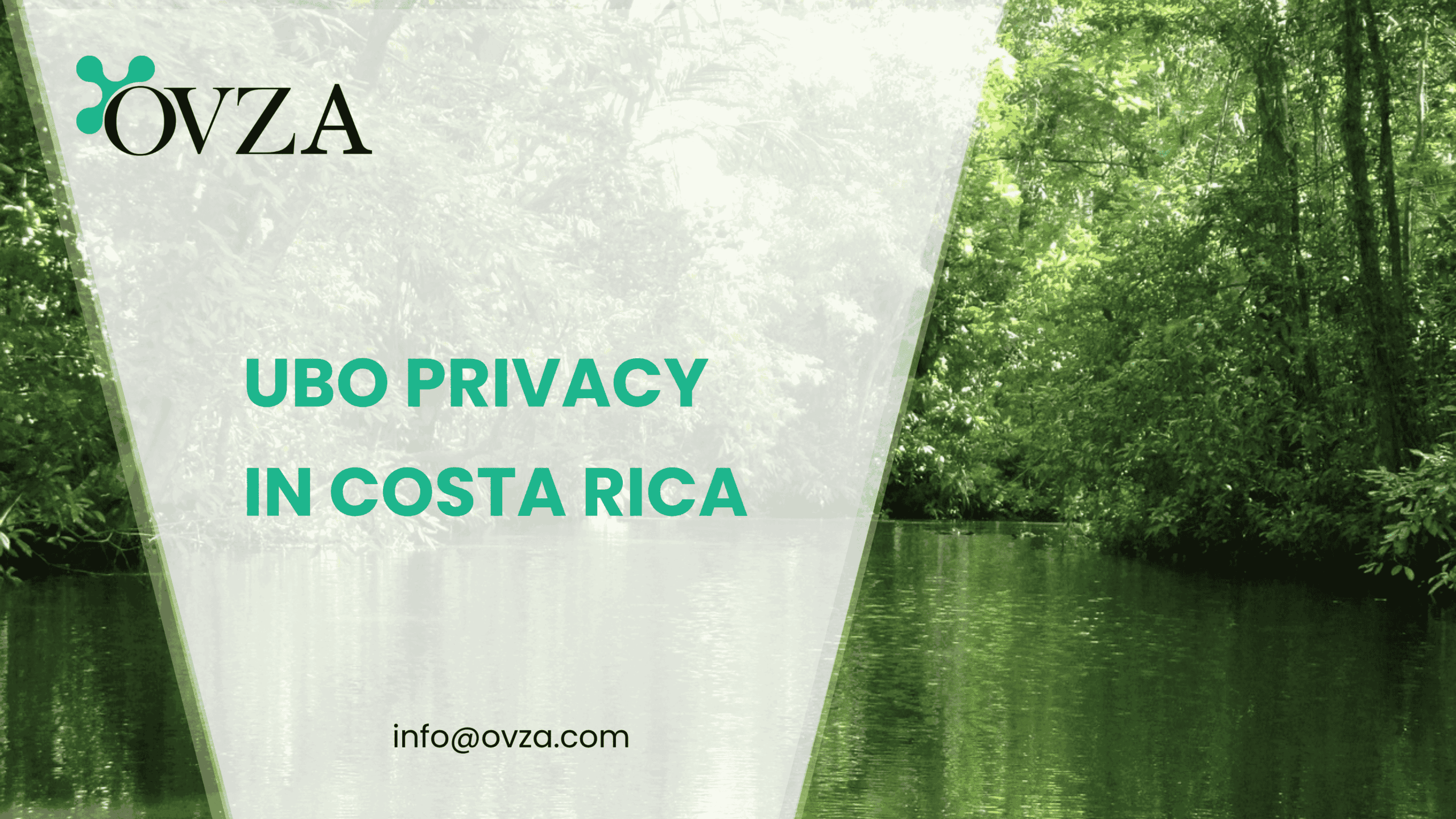Vanuatu economic substance requirements affect IBC legitimacy, cross-border taxation, and compliance under international regulatory frameworks. The concept of economic substance has become central to international regulatory frameworks designed to counteract base erosion and profit shifting (BEPS), particularly in low-tax and no-tax jurisdictions. Vanuatu, while historically offering a light-touch regulatory environment for International Business Companies (IBCs), has progressively adopted measures aimed at demonstrating alignment with international substance and transparency standards. This legal research outlines the current economic substance requirements applicable to entities registered in Vanuatu and examines their interface with global regulatory expectations, including those under the OECD’s BEPS Inclusive Framework and EU Code of Conduct on Business Taxation.
Legal Framework and Global Alignment
The concept of economic substance has become central to international regulatory frameworks designed to counteract base erosion and profit shifting (BEPS), particularly in low-tax and no-tax jurisdictions. Vanuatu, while historically offering a light-touch regulatory environment for International Business Companies (IBCs), has progressively adopted measures aimed at demonstrating alignment with international substance and transparency standards. This legal research outlines the current economic substance requirements applicable to entities registered in Vanuatu and examines their interface with global regulatory expectations, including those under the OECD’s BEPS Inclusive Framework and EU Code of Conduct on Business Taxation.
Unlike jurisdictions such as the Cayman Islands or the British Virgin Islands, Vanuatu does not impose an economic substance regime through a standalone statute. Rather, the country has opted for a principles-based approach, reinforcing substance expectations through administrative supervision, sector-specific licensing requirements, and cooperation with external evaluators such as the OECD Global Forum and Financial Action Task Force. The absence of explicit statutory substance legislation does not exempt Vanuatu IBCs from scrutiny. Instead, substance requirements may be enforced through corporate licensing terms, audit obligations, and beneficial ownership registration duties, particularly for entities engaged in geographically mobile activities such as finance, holding structures, or intellectual property.
As part of Vanuatu’s efforts to avoid EU tax blacklisting, its authorities have committed to ongoing tax governance reforms, including reassessments of substance through the Vanuatu Finance Centre and relevant licensing bodies. This includes periodic reviews of IBCs that are engaged in income-generating activities and require local presence or personnel to substantiate tax residency claims or functional operations. While not articulated through statutory thresholds, the de facto standard emerging in Vanuatu economic substance compliance mirrors the OECD’s test for core income-generating activities (CIGAs), which assess the extent to which the company is directed and managed in the jurisdiction, incurs adequate expenditure, and has real personnel or assets present.
In practice, Vanuatu IBCs that are entirely passive or used for asset holding may not trigger active substance enforcement domestically. However, these entities are still subject to international reporting obligations when they interact with financial institutions or tax authorities in countries that have adopted substance rules. For instance, a Vanuatu IBC that holds shares in an EU-based subsidiary or has bank accounts in a Common Reporting Standard (CRS) jurisdiction may be asked to demonstrate the commercial rationale and substance of its operations. If the IBC fails to do so, the risk of administrative denial of benefits or enforcement action under local anti-abuse rules increases.
Economic substance in Vanuatu must also be considered in conjunction with other compliance regimes such as beneficial ownership registration and the Anti-Money Laundering and Counter-Terrorism Financing Act No. 13 of 2014, which together create a matrix of disclosure and operational expectations. IBCs that declare business activities such as fund management, forex trading, or other licensed operations are often required to prove ongoing governance in Vanuatu to maintain registration in good standing. The integration of these disclosure regimes creates a framework under which Vanuatu economic substance may be inferred or challenged by regulators and financial counterparties alike.
Substance Tests, Enforcement, and International Jurisdictional Pressure
Although Vanuatu has yet to implement a detailed statutory framework codifying economic substance thresholds similar to the Economic Substance (Companies and Limited Partnerships) Act, 2018 in the Cayman Islands, companies operating in Vanuatu are nonetheless subject to increasing regulatory expectations, particularly when engaging in activities deemed high-risk by international standards. These include finance leasing, holding companies with substantial cross-border assets, and companies involved in e-commerce or digital asset transactions. While Vanuatu regulators do not define specific sectoral thresholds, economic substance tests are indirectly applied through licensing reviews, AML assessments, and beneficial ownership enforcement mechanisms.
Substance obligations become materially significant when Vanuatu IBCs seek recognition of tax residency or corporate legitimacy in foreign jurisdictions. Under the OECD’s Action 5 on Harmful Tax Practices, entities benefiting from preferential tax regimes must demonstrate economic activity consistent with the income they generate. In the absence of clear proof of management, decision-making authority, and operational presence in Vanuatu, foreign authorities may disregard the legal personality of the IBC, deny treaty relief, or apply anti-avoidance doctrines such as controlled foreign corporation (CFC) rules or place-of-effective-management assessments. This results in adverse tax consequences for beneficial owners, particularly in jurisdictions with aggressive offshore tax enforcement.
For companies operating in regulated sectors, such as those holding financial dealer licenses, trustee licenses, or operating as professional fund administrators, the Vanuatu Financial Services Commission (VFSC) requires demonstration of meaningful physical presence, including office facilities, full-time staff, and ongoing compliance reporting. These requirements function as a proxy for formal economic substance rules, even if not labeled as such. Entities that fail to comply may face license revocation, denial of renewal, or inclusion on regulatory watchlists, which may lead to financial institutions refusing to open or maintain accounts. In that context, maintaining Vanuatu economic substance is an operational necessity, particularly for international firms seeking access to banking or investment infrastructure.
It is also important to recognize that Vanuatu’s response to economic substance requirements is shaped by regional and geopolitical considerations. Vanuatu has repeatedly engaged with the EU Council’s Code of Conduct Group to avoid being listed as a non-cooperative tax jurisdiction. In doing so, Vanuatu has committed to reforms focused on transparency, beneficial ownership access, and alignment with BEPS minimum standards. Although Vanuatu’s IBC model remains relatively permissive, companies that fail to meet international substance expectations risk exposure not only to foreign audits and penalties but also to reputational degradation and restrictions on capital mobility.
The effect of international scrutiny is especially pronounced when Vanuatu IBCs interface with correspondent banks or engage in cross-border transactions that trigger due diligence from third-party compliance teams. In many such cases, economic substance documentation is now a required component of enhanced due diligence, alongside ownership structure charts, financial statements, and explanations of operational rationale. For practitioners involved in structuring or maintaining offshore vehicles, demonstrating substance can no longer be deferred or treated as a secondary concern. It must be proactively built into the governance, accounting, and documentation strategy of the company from incorporation onward.
Entities that rely on nominee directors, virtual offices, or outsourced administration must be particularly cautious. While these structures are not inherently non-compliant, they require clear documentary evidence of control, oversight, and decision-making conducted within Vanuatu. Without this, authorities in jurisdictions applying a substance-over-form doctrine may disregard the Vanuatu IBC entirely, reallocate its income to the beneficial owner’s jurisdiction, or impose administrative penalties. These enforcement patterns are reinforced through data sharing initiatives such as CRS and the Financial Action Task Force’s mutual evaluation process, where cooperating jurisdictions regularly assess each other’s ability to enforce substance and transparency obligations.
Compliance Integration and Institutional Oversight
The trajectory of Vanuatu’s engagement with economic substance standards reflects a broader shift in the governance of offshore financial centers. The jurisdiction, while not imposing statutory economic substance tests through a codified act, has incrementally adopted regulatory mechanisms that approximate the same effect. Licensing conditions, annual compliance requirements, beneficial ownership disclosures, and institutional oversight by the Vanuatu Financial Services Commission together form a matrix of controls. These mechanisms ensure that IBCs conducting certain activities maintain a meaningful connection to Vanuatu and do not operate in a purely nominal or artificial capacity.
Practitioners advising on Vanuatu economic substance matters must take into account not only domestic administrative requirements but also how foreign regulators, counterparties, and tax authorities interpret the substance and governance of offshore vehicles. As more jurisdictions adopt economic substance rules, Vanuatu-registered companies will face increasing demands to prove that they are directed and managed in a way that reflects genuine economic activity. The capacity to meet these expectations is not solely dependent on Vanuatu’s laws, but on the internal documentation and operational behavior of the IBC itself.
Ultimately, substance requirements are becoming a condition of cross-border legitimacy. Whether an IBC is holding assets, issuing securities, engaging in commercial transactions, or applying for licenses abroad, its compliance with substance expectations will influence everything from access to banking to recognition in litigation. This creates a practical imperative to document corporate activity, establish functional infrastructure where needed, and ensure that directors, shareholders, and advisors understand the growing legal relevance of substance beyond the borders of incorporation.
Conclusion
Vanuatu economic substance requirements, though less prescriptive than those in other offshore centers, now play a critical role in the regulatory assessment of IBCs operating internationally. As international standards evolve, economic substance has emerged as a functional test of corporate legitimacy that affects tax outcomes, regulatory recognition, and access to financial systems. Companies registered in Vanuatu must ensure that their governance, documentation, and operational footprint reflect a coherent business rationale capable of withstanding legal and compliance scrutiny across multiple jurisdictions. The interplay between domestic regulation and global enforcement trends confirms that substance is no longer a matter of optional compliance but a core element of legal risk management for offshore structures.
Disclaimer: The information provided on this website is intended for general reference and educational purposes only. While OVZA makes every effort to ensure accuracy and timeliness, the content should not be considered legal, financial, or tax advice.












